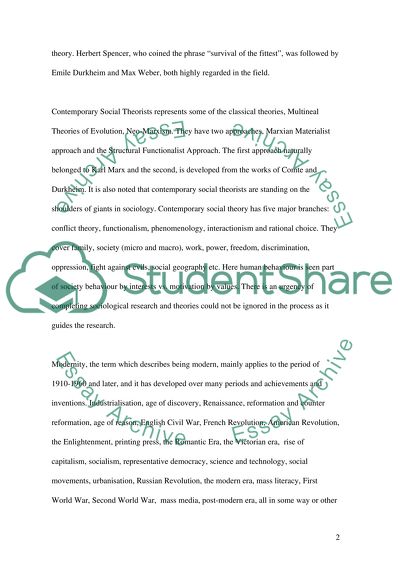Cite this document
(“Modernity and Social Theory Essay Example | Topics and Well Written Essays - 2000 words”, n.d.)
Modernity and Social Theory Essay Example | Topics and Well Written Essays - 2000 words. Retrieved from https://studentshare.org/sociology/1521577-modernity-and-social-theory
Modernity and Social Theory Essay Example | Topics and Well Written Essays - 2000 words. Retrieved from https://studentshare.org/sociology/1521577-modernity-and-social-theory
(Modernity and Social Theory Essay Example | Topics and Well Written Essays - 2000 Words)
Modernity and Social Theory Essay Example | Topics and Well Written Essays - 2000 Words. https://studentshare.org/sociology/1521577-modernity-and-social-theory.
Modernity and Social Theory Essay Example | Topics and Well Written Essays - 2000 Words. https://studentshare.org/sociology/1521577-modernity-and-social-theory.
“Modernity and Social Theory Essay Example | Topics and Well Written Essays - 2000 Words”, n.d. https://studentshare.org/sociology/1521577-modernity-and-social-theory.


